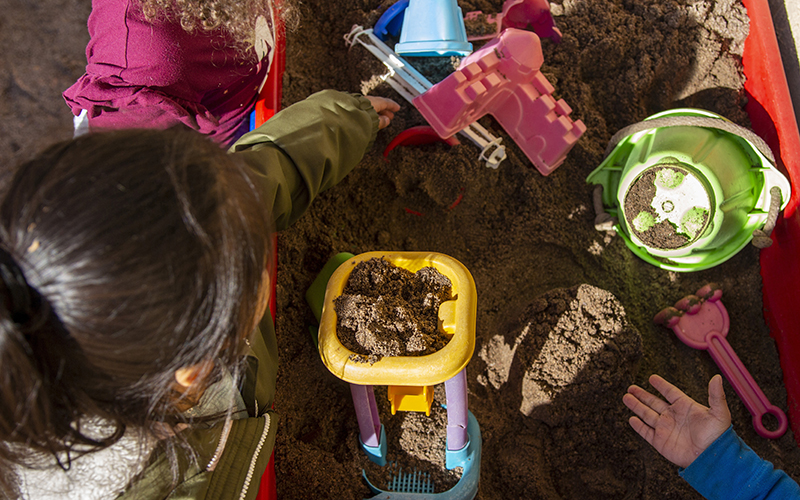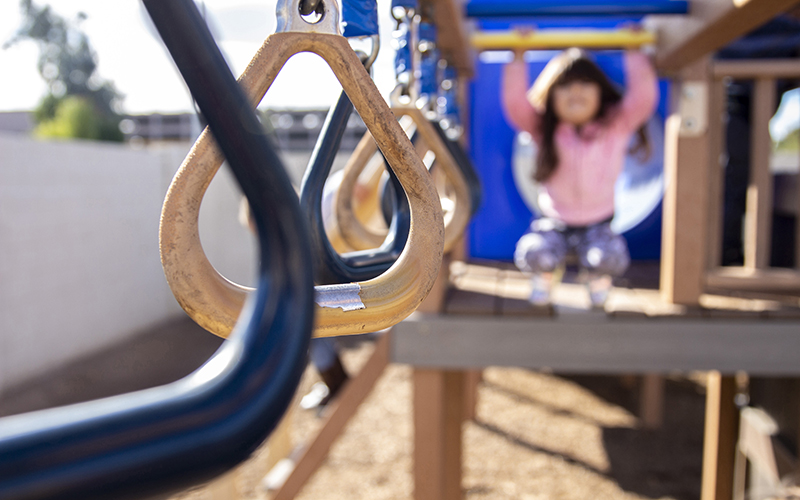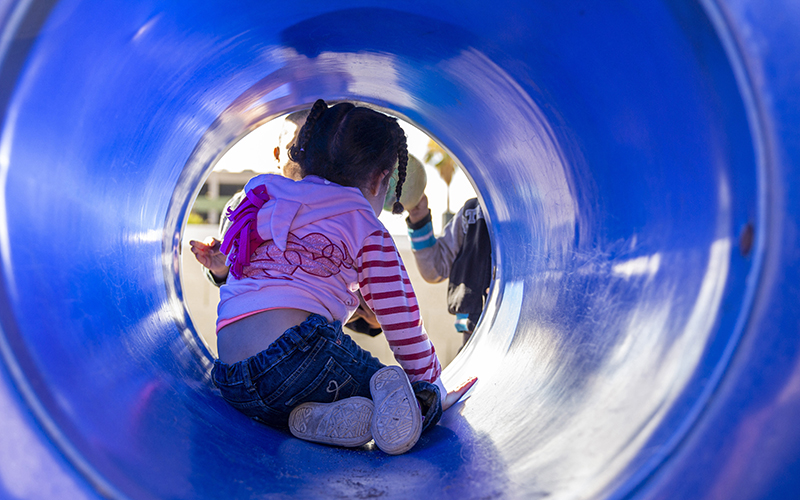PHOENIX – When Gov. Doug Ducey released his multimillion dollar budget proposal last week, he included $56 million in subsidies for day care, saying it would make such care more affordable for low-income families and expand its reach to about 29,000 children.
“We’re going to move from the back of the pack to right in the middle, and then we’re also going to let about 5,000 other children have these subsidies that don’t have them today,” said Christina Corieri, the governor’s senior policy adviser.
The state pays subsidies to day care centers to cover part of a child’s tuition, allowing qualifying families to choose a government-funded center. But the subsidies have stagnated even as day care costs have risen. The budget injection is meant to narrow the gap.
Families sometimes are forced to walk away from a day care center when the subsidy program doesn’t provide enough financial help, a day care administrator said.
“It’s hard. As soon as they walk in, we know we are going to have to have the talk,” said Kelly McCready, administrator of Kreative Kampus in central Phoenix.
Without the option of licensed day care providers, she said, some parents rely on friends, family members or acquaintances – who aren’t trained – to watch their children, or the parents are forced to reduce working hours to care for their child.
“We’re taking away the opportunity for them to choose – to choose what’s best for their family,” McCready said.
The state last adjusted funding in 2000, giving care centers an average of $350 per child. But as employee salaries and other costs of running a day care facility escalated, so did families’ share of the bill.
In 2014, Arizona families paid an average day care cost of $9,437 a year, according to an Economic Policy Institute report that says high-quality child care is financially out of reach for most families.
McCready said day care owners and managers sometimes will try to make ends meet without asking families to pay the overage, but that goodwill strains those businesses’ resources.
“Working and living in the early-childhood industry, there’s so much passion and willingness to give that extra 10 percent to make up for not quite enough,” McCready said.
Ducey’s plan for the $56 million is to put half of the money toward lowering fees families have to pay by an average of $100 and the other half toward adding 5,100 children to the program. That would bring the number of eligible children to 29,000, according to Corieri, Ducey’s adviser.
“We are not supplementing parents in any way,” McCready said. “We are just supporting them, so having relationships with the families, with the children, we can then support here through the day what those families need.”
Connect with us on Facebook.



